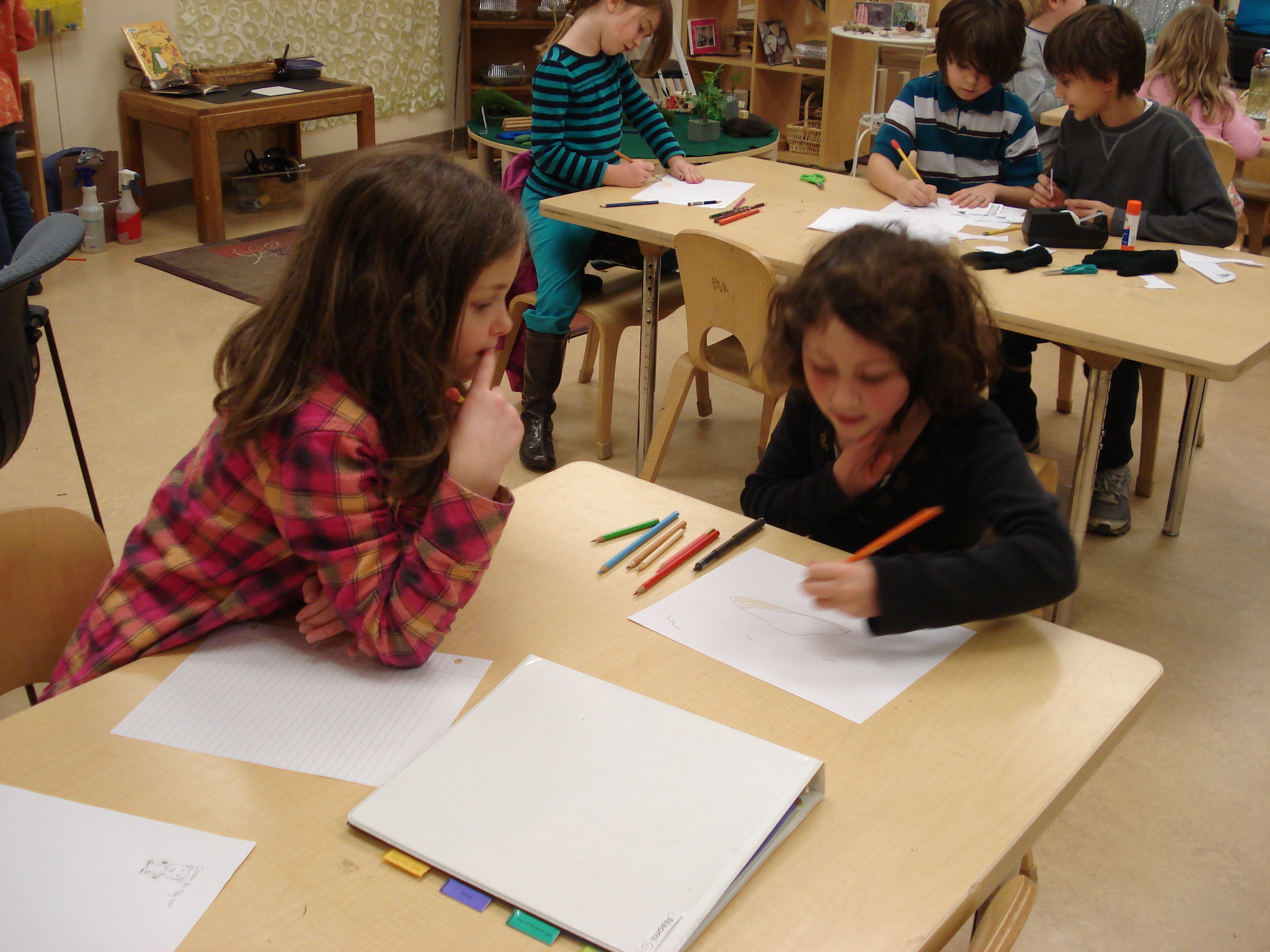 This week we have a guest blogger. Meet my college roommate, one of my closest friends, educator and administrator, and fellow blogger, Rena Diana. A few weeks ago, Rena was asked to write her educational philosophy and we publish it here. It is as true as true can be, and simply put, and we believe it!
This week we have a guest blogger. Meet my college roommate, one of my closest friends, educator and administrator, and fellow blogger, Rena Diana. A few weeks ago, Rena was asked to write her educational philosophy and we publish it here. It is as true as true can be, and simply put, and we believe it!
Statement of Educational Philosophy
August 2012
Rena Diana
When I was in the 3rd Grade, I decided to become a teacher because I enjoyed school. It was that simple. By the time I was a senior in college and was completing my practice teaching, I had come to realize that many children do not enjoy school at all. In fact, school often can be a defeating and constricting sort of drudgery, which struck me as profoundly sad. So, in 1970, I began a career in education with a determination to make school a positive, enriching and enlarging experience for as many children as possible. It was an exciting time to be a new teacher. The profession was electrified with discussions of progressive alternatives to the conventional pedagogies and curricula. And, now, over forty years later, every single time I walk into a school, anywhere in the world, from America to the Middle East to Asia, I am still caught up in that energy. Is there a spark in the classroom? Are the students actively engaged? Are they being encouraged to ask questions and to think for themselves? What is the level of dialogue and collaboration occurring? Are intellectual curiosity and creativity being kindled? Is it acceptable to speak out and to make mistakes? Do the assessments fully reflect what the students have learned? Are there examples of student work available? Do the teachers seem excited to be there? Are parents involved? What is the school’s stated mission?
My philosophy of education is grounded in my own life as a student, the influence of respected teachers, specific courses I took in college and in graduate school, and in my observations and experiences over several decades as a teacher and administrator. Here are three core beliefs that form my view as an educator.
- Students of all ages learn in different ways and at different paces, and they learn best when they are invested. Good schools understand this and find ways to meet the students where they are, respect them as individuals and help them make progress and make connections.
- Students learn most when they are challenged and when they triumph over their own failures. Learning from mistakes is essential. So is experiencing success. Good schools value both effort and achievement, stretching and supporting each individual student, with constructive, authentic feedback.
- Students are in school to gain skills and to accumulate knowledge, to learn how to learn, and to learn how they learn best. There are numerous “buzz words” and pressures affecting the world of education today, and the rate of change is staggering. Technology. Diversity. Demographics. Globalism. Sustainability. The list of demands on schools is endless. Good schools, however, do not try to “cover everything.” They provide opportunities for students to learn in depth and in meaningful ways.
As I reflect on my educational philosophy, I realize that my older, seasoned self and my younger, idealistic self are kindred spirits. We agree. And that is a good feeling! Schools, as agents of change, compassion and continuity, are the most powerful institutions in the world. And, in my mind, learning is the best tonic there is. It is still that simple.


